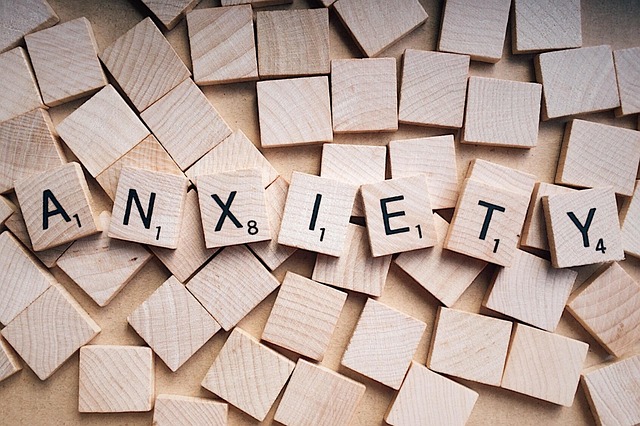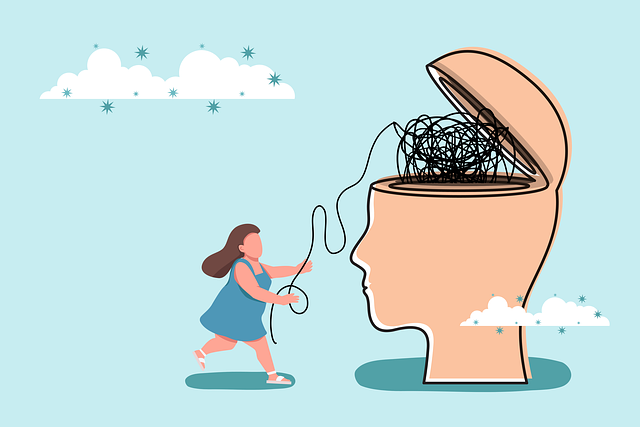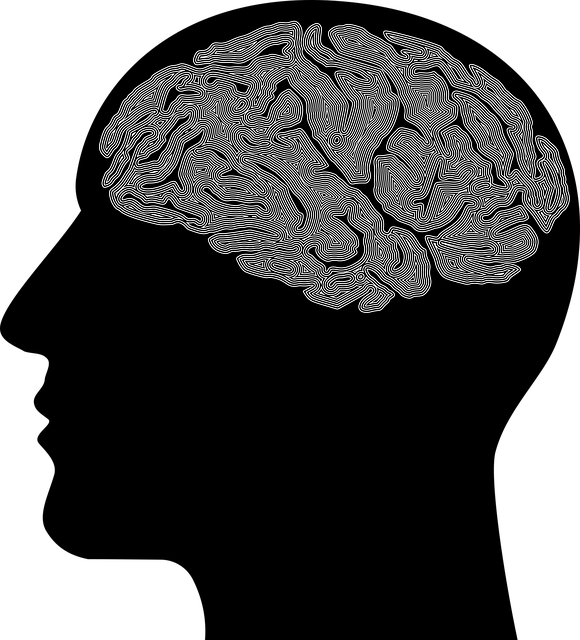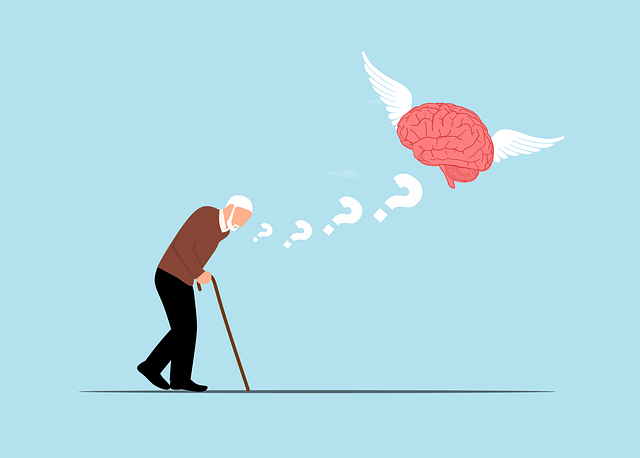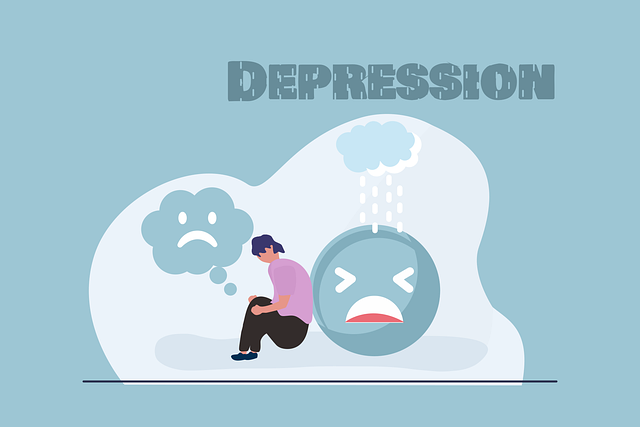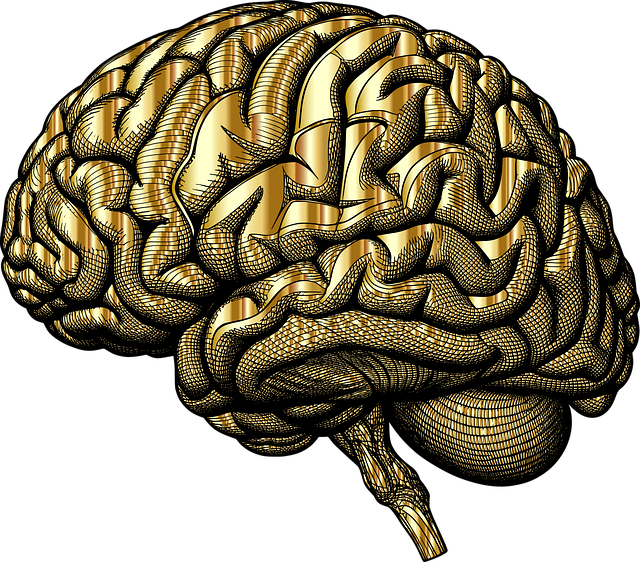Depression, afflicting millions globally, requires early recognition and effective management strategies. Littleton Biofeedback Therapy offers a unique blend of ancient mindfulness practices and modern technology to address depression's root causes. This approach focuses on emotional regulation, stress management, trigger identification, and inner strength development. Combining this therapy with healthy lifestyle habits like regular exercise, balanced nutrition, and quality sleep forms a holistic strategy for preventing depressive episodes, especially relevant for healthcare workers. Building strong social connections through group therapy and community support groups further enhances emotional well-being and acts as a buffer against isolation. Seeking professional assistance, including Littleton Biofeedback Therapy and Social Skills Training, empowers individuals to manage stress and foster resilience in their mental health.
Depression is a prevalent condition that affects millions, but it’s preventable. In this guide, we explore comprehensive strategies to combat depression, from recognizing early signs to adopting lifestyle changes. We delve into innovative approaches like Littleton Biofeedback Therapy, which aids in stress reduction and mental clarity. Additionally, the power of social connections and building a support network is highlighted. Learn about professional help options and discover resources to enhance your well-being and prevent depressive episodes.
- Understanding Depression: Recognizing Signs and Symptoms
- Lifestyle Changes for Improved Mental Health
- The Role of Littleton Biofeedback Therapy
- Building a Support Network: Social Connections Matter
- Professional Help and Additional Resources
Understanding Depression: Recognizing Signs and Symptoms

Depression is a complex mental health condition that affects millions worldwide, characterized by persistent feelings of sadness, loss of interest, and a range of physical and emotional symptoms. Recognizing the signs early on is crucial for effective prevention and treatment. Many individuals may experience subtle changes in their mood or behavior, such as increased fatigue, difficulties concentrating, changes in appetite, and sleep disturbances. These initial indicators are often overlooked, but seeking professional help at this stage can make a significant difference.
Littleton Biofeedback Therapy is an innovative approach that combines the ancient practice of mindfulness with modern technology to address underlying causes. By focusing on emotional regulation and inner strength development, this therapy empowers individuals to take control of their mental health. Through various techniques, it aids in identifying triggers and teaches strategies for stress management and confidence boosting. This proactive approach can be a game-changer in preventing depression, especially when combined with other therapeutic methods.
Lifestyle Changes for Improved Mental Health

Adopting healthy lifestyle changes can significantly impact mental health and prevent depression. Regular exercise, a balanced diet, and sufficient sleep are essential pillars for maintaining emotional well-being. Physical activity releases endorphins, which act as natural mood lifters, while proper nutrition supports brain function and overall resilience. In addition to these fundamental practices, stress management techniques like mindfulness meditation and Littleton Biofeedback Therapy can be powerful tools. These approaches teach individuals coping skills development to navigate challenging situations, promoting better mood management and preventing burnout, especially among healthcare providers who often face high-stress environments.
Integrating social connections and meaningful activities into daily routines is another vital strategy. Building a supportive network of friends and family offers emotional support, while engaging in hobbies or volunteering can foster a sense of purpose. By prioritizing self-care and adopting these lifestyle changes, individuals can enhance their ability to cope with life’s challenges, reducing the risk of depression and promoting overall mental health.
The Role of Littleton Biofeedback Therapy

Littleton Biofeedback Therapy has emerged as a powerful tool in the arsenal of depression prevention strategies. This non-invasive approach leverages the power of biofeedback to teach individuals how to regulate their physiological responses, which can significantly impact mental health. By focusing on reducing stress and promoting relaxation, biofeedback sessions help lower blood pressure, slow heart rate, and ease muscle tension – all factors that contribute to a calmer mind and improved emotional well-being.
Integrating Littleton Biofeedback Therapy into a comprehensive depression prevention plan, alongside Self-Care Routine Development for Better Mental Health and advocacy through Mental Health Policy Analysis and Advocacy, can offer individuals effective coping mechanisms. Regular sessions can empower people with the skills needed to manage stress, thereby preventing depressive episodes or reducing their severity. This holistic approach, that combines biofeedback with self-care practices and policy changes, paves the way towards fostering a resilient mental health landscape.
Building a Support Network: Social Connections Matter

Building strong social connections is a powerful tool in the fight against depression. Often referred to as empathy building strategies, fostering meaningful relationships and engaging in quality social interactions can significantly contribute to emotional well-being. At its core, Littleton Biofeedback Therapy leverages this principle by encouraging clients to cultivate and maintain supportive networks. By participating in group therapy sessions or joining community support groups, individuals can find solace, share experiences, and gain valuable insights from peers facing similar challenges. This collective environment not only enhances feelings of belonging but also provides practical emotional intelligence and stress reduction methods that can be applied in daily life.
Social connections act as a buffer against the isolating effects of depression, offering a sense of purpose and perspective. Engaging in activities with friends, family, or support groups stimulates the release of neurochemicals associated with pleasure and reward, which can help counteract the negative mood states often linked to depression. Additionally, having a strong support network facilitates early intervention and prevention strategies by providing individuals with a safety net during periods of heightened emotional distress.
Professional Help and Additional Resources

For those experiencing depression, seeking professional help is a crucial step towards recovery. Therapists and counselors equipped with evidence-based practices can provide personalized strategies to manage symptoms. One effective approach gaining popularity is Littleton Biofeedback Therapy, which combines relaxation techniques with real-time feedback to help individuals gain control over their physiological responses to stress. This method has shown promise in improving mental wellness and reducing the impact of depression.
In addition to therapy, there are various resources available to support overall emotional intelligence and mental health. Social Skills Training, for instance, can enhance interpersonal relationships and provide coping mechanisms for social situations, which is especially beneficial for individuals with depression who may struggle with social isolation. By combining professional help with self-care strategies, one can create a comprehensive plan to prevent and manage depression, fostering better long-term mental wellness.
In tackling depression prevention, a multifaceted approach is key. From recognizing signs early on to adopting lifestyle changes, building strong social connections, and exploring options like Littleton Biofeedback Therapy, individuals have a variety of tools at their disposal. While professional help remains crucial for severe cases, proactive measures can significantly enhance overall mental health and well-being. Remember that seeking support and making positive changes are powerful steps towards a brighter, more resilient future.



